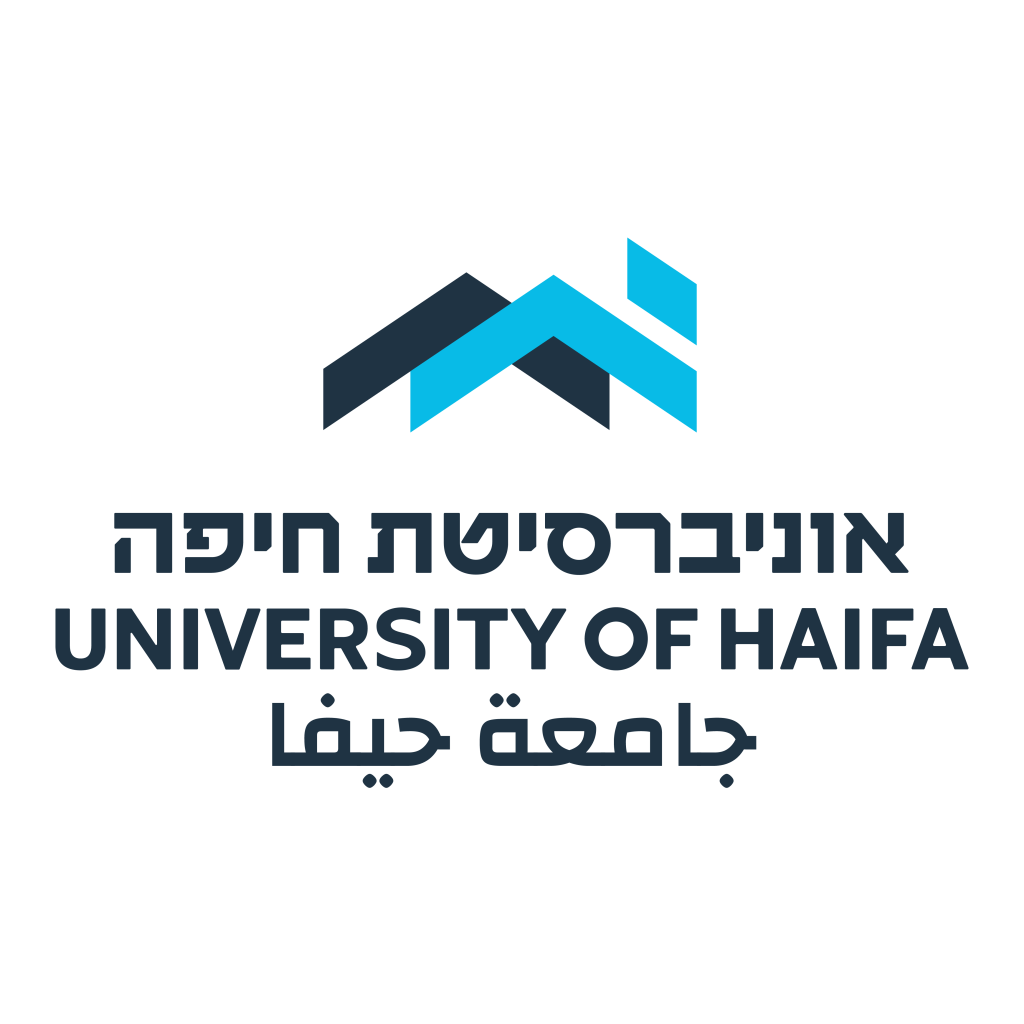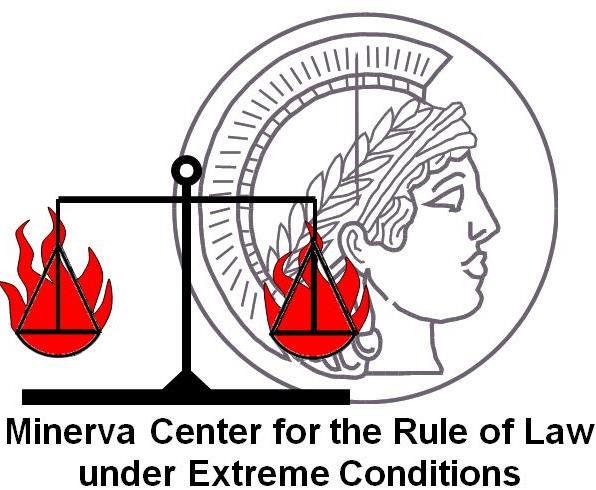

“The Warfare of Tomorrow”: the 5th Young Researchers Workshop on Terrorism and Belligerency
Participants
(in alphabetical order)

Camilo Ramírez Gutierrez received a J.D. from the Universidad de Bogotá Jorge Tadeo Lozano and a degree of specialized studies in Human Rights and International Humanitarian Law from the Universidad Nacional de Colombia. He also has an LL.M. in Law from the Universidad Nacional de Colombia. Currently, he is studying for his master’s degree in philosophy and works as a law clerk at the Revision Section of the Special Jurisdiction for Peace. Also, He is a university lecturer on legal interpretation, International Human Rights, Humanitarian Law, and Armed Conflicts at the Universidad del Bosque. Additionally, he is a founding member of the International Institute of Human Rights-Colombia Chapter and Young Penalists in the International Association of Penal Law.
He has 10 years of work experience in the field of international human rights and international humanitarian law. He was a Lawyer- Legal Advisor in the International Systems of Protection Team – Reparation Division in The Colombian Unit for the Victims Assistance and Reparation; a Law clerk at the Constitutional Court of Colombia; Lawyer- External Legal Advisor in the Office of the Attorney General of Colombia in the project about cases ELN and Bacrim; and Advocate – Land and Property Restitution Litigation Team in the Colombian Commission of Jurists.
Camilo has written some books and papers in English and Spanish about international humanitarian law, transitional justice, and terrorism.

Diletta Marchesi is a PhD Fellow of the Research Foundations Flanders (FWO) at KU Leuven. In her doctoral thesis, she aims to illuminate the interpretation of the war crimes of denying judicial guarantees and discusses international criminal law’s role in the protection of fair trial rights. At KU Leuven, she is teaching assistant and researcher involved in other research projects dealing with criminal justice and human rights. She is also a rapporteur for the Oxford Reports on International Law in the field of International Human Rights Law. She has been trained as a lawyer at the European Court of Human Rights (2016), at the International Criminal Court’s Office of the Prosecutor (2016) and in law firms in Italy (2017–2018). Since 2020, Diletta has been admitted to the bar in Italy. In 2022, she was invited as visiting professional to provide legal advice on the war crime of sentencing and execution without due process by the Al Hassan defence team at the International Criminal Court. She also provides pro bono assistance to NGOs working in the field of criminal justice and human rights. She holds a combined LL.B. and LL.M. from the Alma Mater Studiorum—Università di Bologna, obtained magna cum laude. Her main areas of interest are international criminal law, international humanitarian law and human rights.

Eden Lapidor is an SJD candidate at the Georgetown University Law Center where she focuses on the question of how the internal balance in international humanitarian law between military necessity and humanitarian considerations can be preserved in non-international armed conflicts. She received her LL.M. in International Legal Studies from NYU (2020), where she was an International Law and Human Rights Fellow and worked for an ILC member. Prior to her graduate studies, she worked as a legal advisor at the Israeli Ministry of Foreign Affairs. Eden earned her LL.B. from the Interdisciplinary Center in Herzliya (Magna cum Laude), where she worked as a research and teaching assistant in various fields. She then clerked in the Armed Conflict Unit of the Office of the Israeli Deputy Attorney General (International Law) and the Office of the Israeli Attorney General.

Emanuela-Chiara Gillard is a Senior Research Fellow at the Oxford Institute for Ethics, Law and Armed Conflict, and an Associate Fellow in Chatham House’s International Law Programme.
From 2007 to 2012 she was Chief of the Protection of Civilians Section in the Policy Development and Studies Branch of the United Nations Office for Coordination of Humanitarian Affairs. The Section works with the United Nations and other key partners to promote and enhance the protection of civilians in armed conflict.
Her research interests include international humanitarian law, with a particular focus on the protection of civilians and mechanisms for promoting compliance; the role of the Security Council in enhancing the protection of civilians; and principled humanitarian action.

Ezequiel Heffes is a Senior Policy and Legal Advisor at Geneva Call, a humanitarian NGO that engages armed groups and de facto authorities on humanitarian issues. He holds a Ph.D. from the University of Leiden, an LL.M. from the Geneva Academy and a Law Degree from the University of Buenos Aires, School of Law. Ezequiel has widely published on various international law issues, and he is the author of Detention by Non-State Armed Groups (Cambridge University Press, 2022), the co-editor of International Humanitarian Law and Non-State Actors. Debates, Law and Practice (T.M.C. Asser/Springer, 2020) and of Armed Groups and International Law. In the Shadowland of Legality and Illegality (Edward Elgar, Forthcoming)
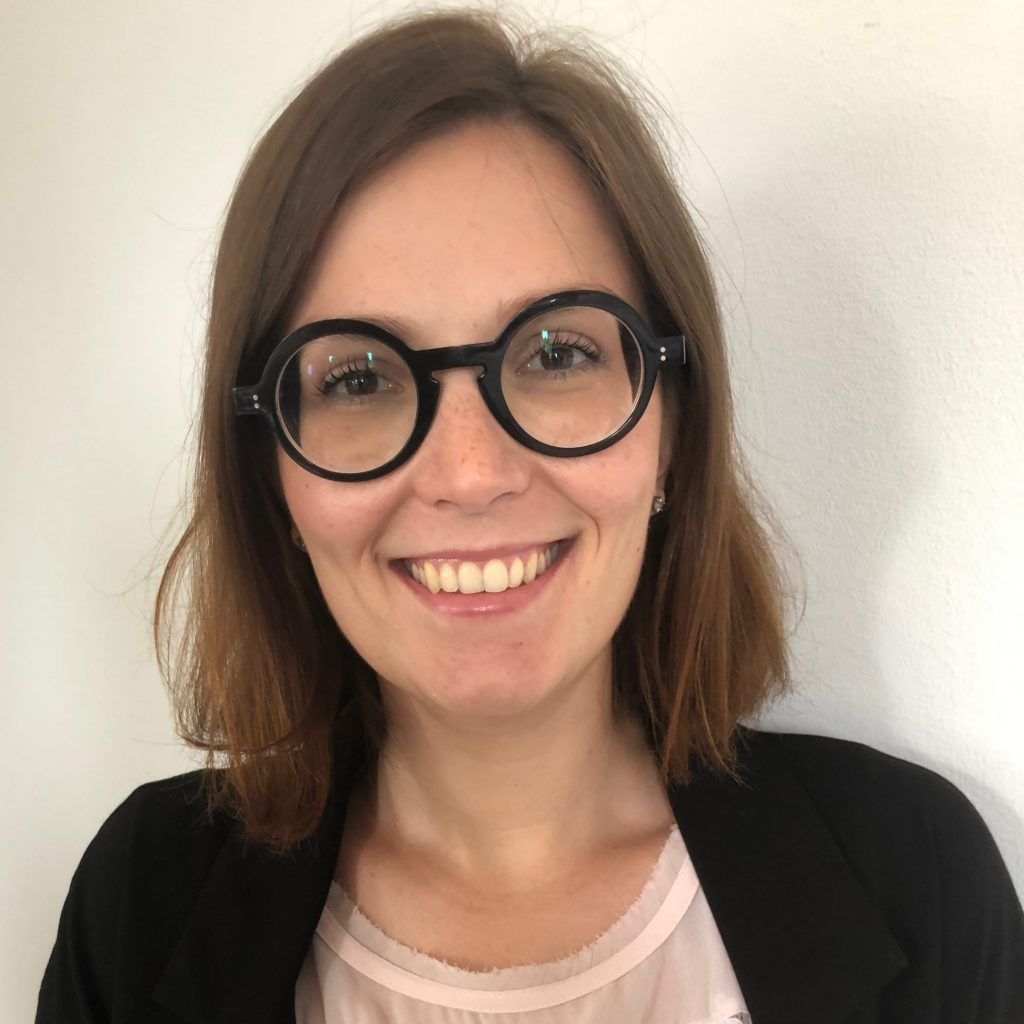
Giulia Baj graduated cum laude in Law at the University of Pavia and was awarded the title of Doctor in Public, European and International Law by the University of Milano-Bicocca in June 2022, when she defended her doctoral thesis titled “Armed Non-State Actors and their Impact on International Law-Making. From State-centrism to Self-regulation”. Currently, she is a Postdoctoral Fellow at the University of Pavia and Researcher at The Bridge Foundation in Milan. Her main fields of interest are International Humanitarian Law and International and Public Health Law.
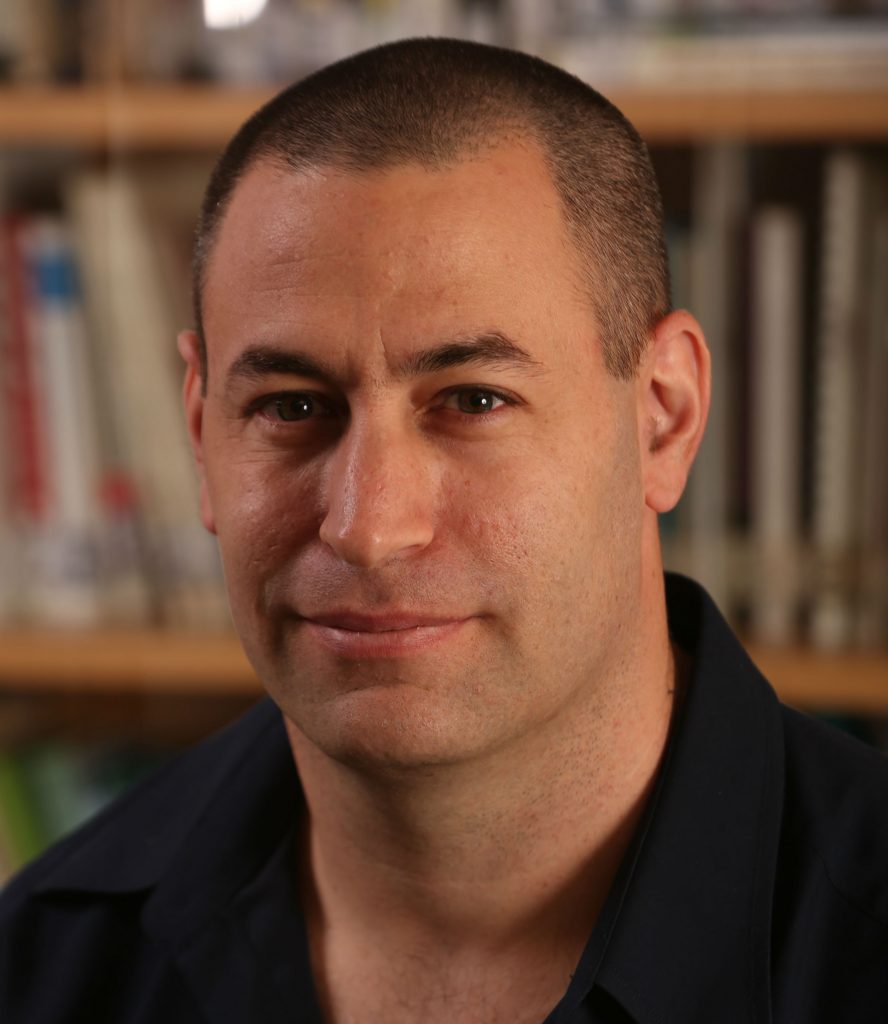
Ido Rosenzweig is the Director of Cyber, Belligerencies and Terrorism Research, Minerva Center for the Study of Law under Extreme Conditions. He is an international lawyer with expertise in international humanitarian law (laws of armed conflict) and international human rights law. Prior to his work at the Minerva Center, Ido worked as a researcher at the Israel Democracy Institute (in the Terrorism and Democracy Research Division) (2009-2014).
He has served as the coach for the Interdisciplinary Center’s International Humanitarian Law team (2009 – 2013), directed the “Amicus Curiea” International Human Rights Law Clinic at the Concord Centre in the College of Management (2010 – 2012). He is the co-founder and chairman of ALMA – Association for the Promotion of International Humanitarian Law since 2010. Ido earned his law degrees at Tel Aviv University (LL.B, 2005) (LL.M cum laude, 2010) and Northwestern University (LL.M, with honors, 2010). He served in the International Law Department of the Israeli Ministry of Foreign Affairs (2006 – 2008), is a member of the Israel Bar Association (since 2007) and an experienced computer programmer.

Itamar Mann’s research is in international law and political theory. He teaches international law and a number of related courses, including an elective on law and terrorism, environmental law, and a seminar on human rights.
Before moving to Haifa, he was the national security law fellow and an adjunct professor at Georgetown Law Center, Washington DC. He holds an LLB from Tel Aviv University, and LLM and JSD degrees from Yale Law School.
Alongside teaching and research, he provides pro-bono consultancy to several human rights organizations, and is a member of the legal action committee at GLAN (Global Legal Action Network). He previously provided services to Human Rights Watch and the Open Society Justice Initiative on issues related to refugee and migration law in Europe. Itamar is a member of the Israel Bar and have practiced human rights and criminal defense law.
His book, Humanity at Sea: Maritime Migration and the Foundations of International Law, came out with Cambridge University Press in 2016.

Kaja Kowalczewska Ph.D., from July 2022 is Assistant Professor in the Incubator of Scientific Excellence – Digital Justice Center at the Faculty of Law, Administration and Economics of the University of Wrocław (Poland), focusing on the impact of new technologies on the criminal justice process. She has master degrees from several European universities (Jagiellonian University, University of Orléans, Panthéon-Assas University and College of Europe) and she defended her Ph.D. dissertation entitled ‘Lethal systems with progressive autonomy – an international legal analysis’ in 2018 at the Jagiellonian University. She is a member of the Commission for the Promotion of International Humanitarian Law at the General Board of the Polish Red Cross and the Working Group on Artificial Intelligence at the Chancellery of the Prime Minister of Poland (GRAI). She is currently researching the ongoing digitalization of criminal process with special interest to the International Criminal Court. ORCID: 0000-0002-9799-9150

Magdalena Lagiewska (Łągiewska) is an Assistant Professor at the University of Gdańsk (Department of Public International Law), a Research Associate in the “China, Law and Development” project at the University of Oxford and a Director of the Confucius Institute at the University of Gdańsk. She received a PhD in Law from the University of Gdańsk in 2017 and the second PhD in Law from the East China University of Political Science and Law in Shanghai in 2020 (PhD thesis titled “The Effectiveness of the Arbitration Agreement under Chinese and Polish Law: A Comparative Study” written in Chinese). In addition to her legal education, she completed a master’s degree in international economic relations with a specialization in international finance and banking (University of Gdańsk). Her research focuses on international law, international humanitarian law, cultural heritage law and arbitration in China.
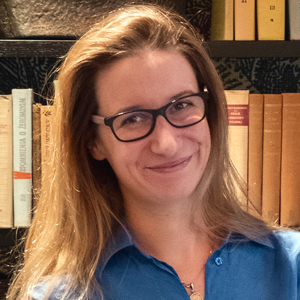
Magdalena (Magda) Pacholska is a Marie Skłodowska-Curie Postdoctoral Fellow at the Asser Institute (University of Amsterdam) where she is part of the Designing International Law and Ethics into Military Artificial Intelligence (DILEMA) Project.
Before joining the Asser Institute, Magda worked as a legal adviser at the Polish General Command of the Armed Forces, where she focused on the legal aspects of interoperability in joint operations. She holds a Ph.D. from the Hebrew University of Jerusalem and an LL.M. in International Criminal Law from the University of Amsterdam (joint program with Columbia Law School).

Rogier Bartels obtained his law degree from the University of Utrecht (2003) and a specialised LL.M. from the University of Nottingham (2004). In 2022, he obtained his doctorate in law from the University of Amsterdam. Rogier is a Legal Officer in the Chambers of the International Criminal Court. Since 2019 and 2020, respectively, he is also a part-time judge in the District Court of Amsterdam and part-time appeals judge at the Court of Appeals in The Hague, where he sits on domestic criminal trials and extradition cases on an occasional basis.
Prior to his present positions, Rogier worked, inter alia, as an assistant professor at the Netherlands Defence Academy, for the International Crimes Section of the Dutch National Prosecutor’s Office, as an Associate Legal Officer in Chambers at the International Criminal Tribunal for the former Yugoslavia, and as a legal adviser at the IHL Division of the Netherlands Red Cross.
Rogier has given guest lectures at a many universities and military academies, in the Netherlands and abroad, and taught full international humanitarian law or international criminal law courses at the Hague University of Applied Sciences, the University for Peace in Costa Rica, and the Netherlands Defence Academy. Rogier frequently speaks at conferences, such as the yearly Minerva Conference on IHL, and teaches as part of (summer) courses and trainings for humanitarian professionals or members of the armed forces.
Rogier is a member of the research programme on “Law of Armed Conflict and Military Operations” of the Amsterdam Center for International Law (of the University of Amsterdam), and is also academically affiliated with the Military Law Section of the Netherlands Defence Academy, and the Federmann Cyber Security Research Center of the Hebrew University of Jerusalem.
His publications, including two in the Israel Law Review, deal mostly with international humanitarian law, domestic criminal law, international criminal law, and the interplay between these fields.


Ziv Bohrer is a Senior Lecturer at Bar-Ilan University Faculty of Law. His main research field is Public International Law, with an emphasis on researching both current and historical issues relating to International Humanitarian Law (Law of War) and to International Criminal Law. In recent years, he has been researching (among other things) the forgotten, centuries-long, pre-WW2 history of International Criminal Law. Dr. Bohrer holds bachelor degrees in law and in psychology from Haifa University (2002), and a LL.M. (cum laude; 2007), as well as a Ph.D. in law (2011) from Tel-Aviv University. His doctoral dissertation addressed the Superior Order Defense in International Criminal Law, as well as in Domestic-Comparative Criminal Law, examining the issue both from a legal-doctrinal perspective and from several different (multi-disciplinary) theoretical perspectives.
Ziv was a Visiting Scholar at the Max Planck Institute for Comparative Public Law and International Law, Heidelberg, Germany (2019-2020); at Cambridge University Law Faculty, UK (2017), and at Michigan University Law School, USA (2011-2012). He also was a Research Fellow at the Hebrew University – Sacher Institute for Legislative Research and Comparative Law (2012-2013), and a Visiting Lecturer at University of Georgia (UGA) Law School (2015).
Dr. Bohrer has published in various academic journals, including: Law & History Review, and Michigan Journal of International Law
For questions and requests please contact Ido Rosenzweig via ido.rose@gmail.com
